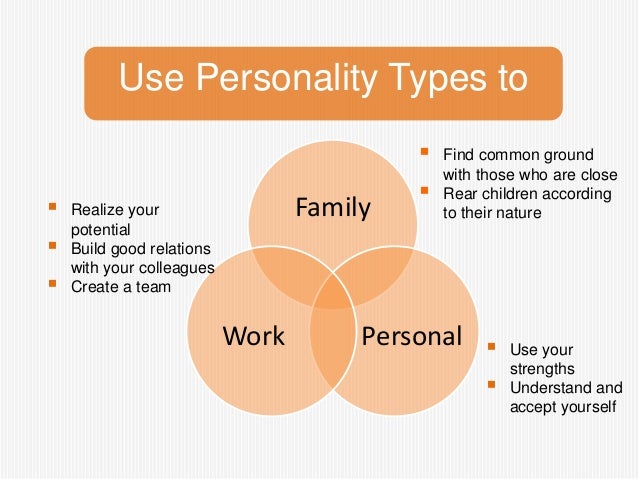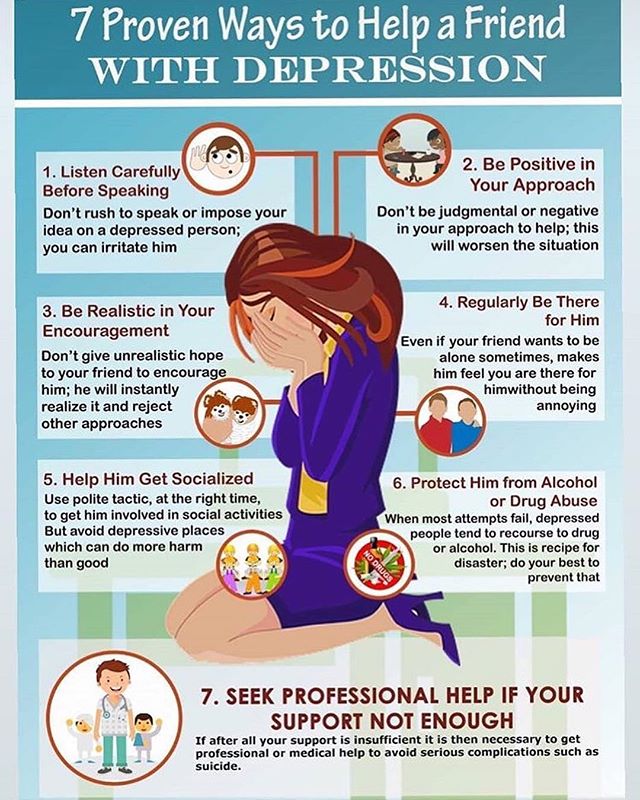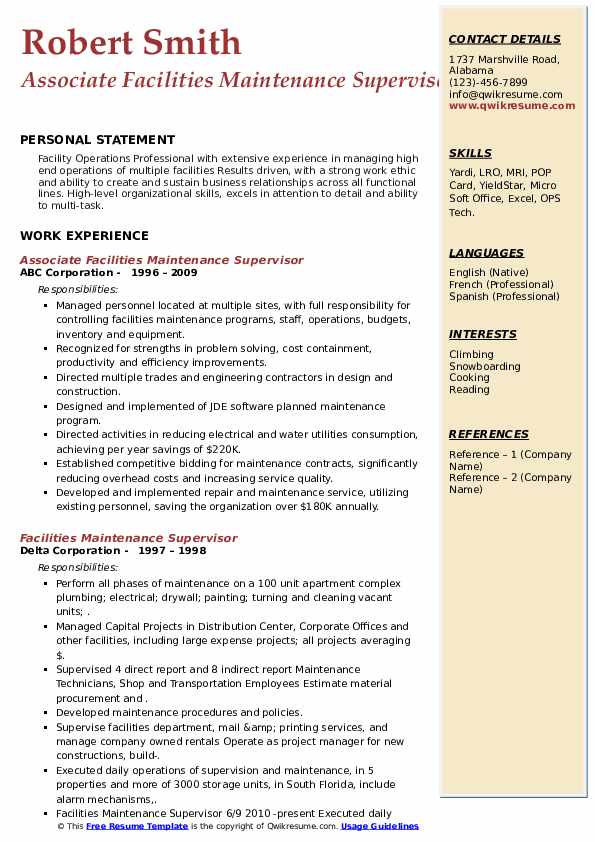Narcissism in kids
A neuroscientist says parents who make these 3 mistakes are more likely to raise a narcissist
Chris Tobin | Getty
As a neuroscientist who studies narcissistic personality disorder, I've found that a child's family dynamic is one of the most significant predictors of narcissistic tendencies, including superiority, grandiosity, entitlement and lack of empathy, in adulthood.
To be clear, children and teens are naturally more selfish, not narcissistic, because their minds are still developing. So it's normal for them to be less self-aware until they've learned important skills like emotional regulation and empathy.
Based on my experience, parents who make these three harmful mistakes are more likely to raise narcissistic kids:
1. Not acknowledging your own negative behaviors
Children learn by observing and reflecting, which means they might adopt your negative actions.
Let's say a waiter messes up your order. Instead of handling the situation with grace, you humiliate and yell at the waiter. Your child watches and thinks the way you reacted is okay.
This is why it's so important to teach and demonstrate to your kids what emotional intelligence (or EQ) looks like, particularly the empathy component.
A good way to start is to help them recognize how they're feeling. Put a name to the emotion that you suspect they are experiencing. For example: "Do you feel hurt or disappointed by what your friend did?"
Practicing EQ will make it easier for them to express their feelings and be mindful of how others are feeling in the future.
2. Not mirroring or validating your child's emotions
If you shame, distract or ignore your kid's emotions, you're essentially teaching them that what they're feeling is wrong.
As a result, they'll have a hard time regulating their behaviors, which can lead to a host of problems as they get older — from numbing behaviors like addiction to protective behaviors like grandiosity, which is a common narcissistic trait. Studies have also found that shame, insecurity and fear are at the root of the narcissist's inner self.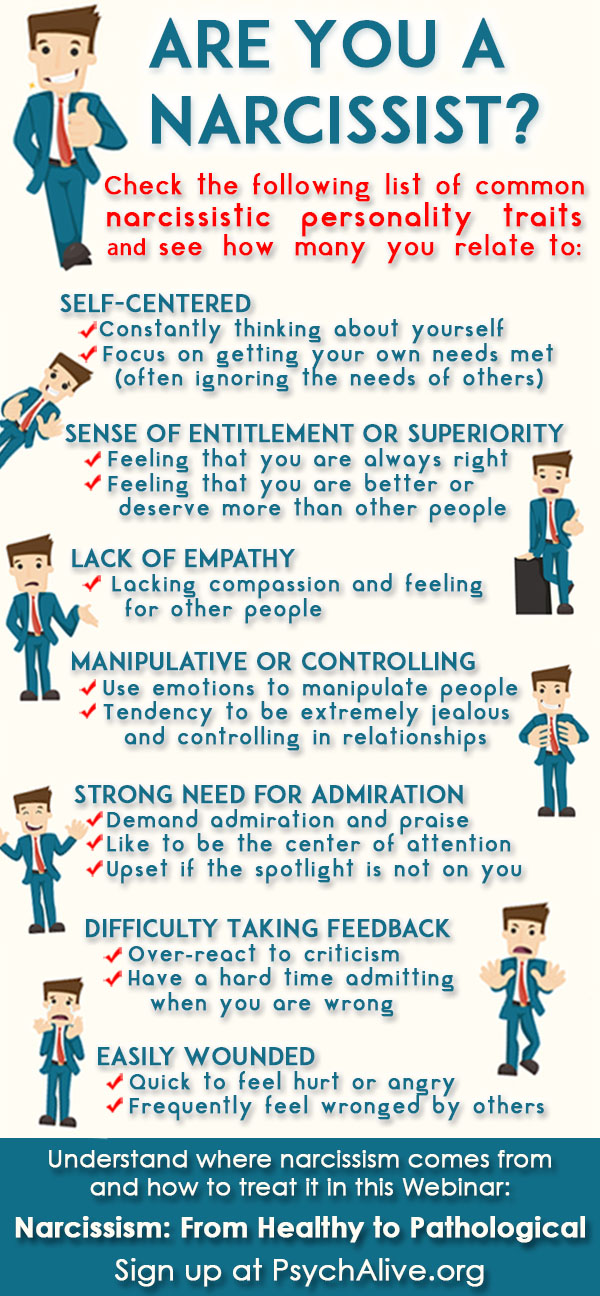
Mirroring requires you meet your child where they are and help label their emotions. Validating their emotions means letting them know that what they're feeling is reasonable.
Imagine that you're picking your kid up from school. They get into the car and slam the door with an angry face. Instead of shaming them for having a bad attitude, mirror them by saying: "It looks like you had an awful day at school! What happened?"
Once they've told you what happened, validate them and say, "That's not nice. I can understand why you're upset." This doesn't mean you're agreeing or disagreeing with their emotional response. You're simply letting them know that how they're feeling is acceptable.
Over time, they'll get better at trusting their feelings.
3. Not calling out your kid's narcissistic behaviors
If your kid is throwing a fit in public because they aren't getting their way, don't just let it happen. In situations like this, you don't need to shame your child, but it's important to get them out of the situation.
Start by asking three questions:
- "What happened?"
- "How are you feeling?"
- "How do you think your reaction is making the other person (or the people around you) feel?"
Instead of accepting their emotional dysfunction, you're helping them flex their empathy, social awareness and emotional regulation skills — all of which are essential to building EQ.
One question I get from a lot of parents is, "How can I tell when my child is showing narcissistic behaviors?"
There are various tests you can do. If something bad happens during a movie you're watching or a book you're reading together, ask your child what they think the characters might be feeling.
If they say, "They feel sad or angry," then your child's EQ level is on the right track. But if they blow up or say they don't care how the characters feel, you'll know you've got some work to do.
If you're worried your child has narcissistic tendencies and don't feel you have the skills to help them, considering working with a therapist or counselor who specializes in personality disorders.
Remember, narcissistic behaviors are often habits that we learned during childhood, and they can be unlearned.
Cody Isabel is a neuroscientist, parenting coach and the co-founder of Rewrite and Rise, a coaching service that uses neuroscience and behavioral science to help adults and children overcome mental health challenges and improve their overall well-being.
Don't miss:
- A psychologist says parents who raise resilient, socially intelligent kids always do 5 things during ‘hard times’
- A psychologist says these 7 skills separate successful kids from ‘the ones who struggle’—and how parents can teach them
- I talked to 70 parents who raised highly successful kids—here are the 4 hard parenting rules that make them different
Is My Child A Narcissist?
Medically reviewed by Scientific Advisory Board — By Christine Hammond, MS, LMHC on December 10, 2016
With the definition and examples of narcissism so prevalent in our culture, it is easy to wonder if a child is a budding narcissist. This is especially concerning when those examples are prominent sports athletes, glorified actors/actresses, or dominate leaders in politics or business that the child admires. So how does a person know if a child is a narcissist?
This is especially concerning when those examples are prominent sports athletes, glorified actors/actresses, or dominate leaders in politics or business that the child admires. So how does a person know if a child is a narcissist?
After reading the definition of narcissism, nearly every two-year-old will appear narcissistic. Most children, however, grow out of the behavior while it seems to linger for others. One of the characteristics is that a child needs to display the signs of narcissism five years prior to their eighteenth birthday in order to meet the full standard. This allows for some parental guidance during childhood so the fullness of the disorder will not manifest.
It is important to note that narcissism is half biological and half environmental. So only the half that is environmental is what can be affected. To that end, there is a huge difference between someone who has narcissistic traits and full personality disorder. All is not lost. Here are some suggestions for parents wanting to minimize the narcissism:
- Minimize entitlement.
 The lack of an economic downturn within a family unit can create an atmosphere of entitlement. While the suggestion is not to artificially create uncertainty, a parent can limit the amount of gift giving and have an expectation of chores/work to earn an allowance.
The lack of an economic downturn within a family unit can create an atmosphere of entitlement. While the suggestion is not to artificially create uncertainty, a parent can limit the amount of gift giving and have an expectation of chores/work to earn an allowance. - Balance the ego. In an effort to increase a childs self-worth, some parents take the measure too far by treating the child as superior, perfect, or more special than others. This can overinflate the ego resulting in an Im better than you, mentality. Rather, the parent should emphasize a balanced ego.
- Model empathy. A tell-tale characteristic of narcissism is the lack of empathy for others. However, a narcissist has empathy for themselves and expects others to have it for them. Parents need to model empathy not just for the narcissistic child but for others in order to teach compassion. This should not be forced or the child will learn how to fake it.
- Listen to demands.
 Many narcissistic children are experts in getting what they want exactly the way they want it. Ironically, a narcissist can be formed by either total compliance or total in compliance with their expectations. The goal is to listen but find ways to modify their request.
Many narcissistic children are experts in getting what they want exactly the way they want it. Ironically, a narcissist can be formed by either total compliance or total in compliance with their expectations. The goal is to listen but find ways to modify their request. - Avoid rescuing. One of the blessings (and sometimes curses) of parenting is the ability to rescue a child from their mistakes. Doing this too frequently can foster a feeling of entitlement while teaching the child that they wont be held accountable for their errors. Let outside consequences occur, only rescuing as a last resort.
- Selective attention. Narcissists crave attention from others and need it to survive. Just like a two-year-old, if they cant get positive attention, they will throw a temper tantrum to get negative attention. This is a tricky area of parenting as ignoring a budding narcissist will make them enemy number one. So be selective about giving out attention without disregarding them.
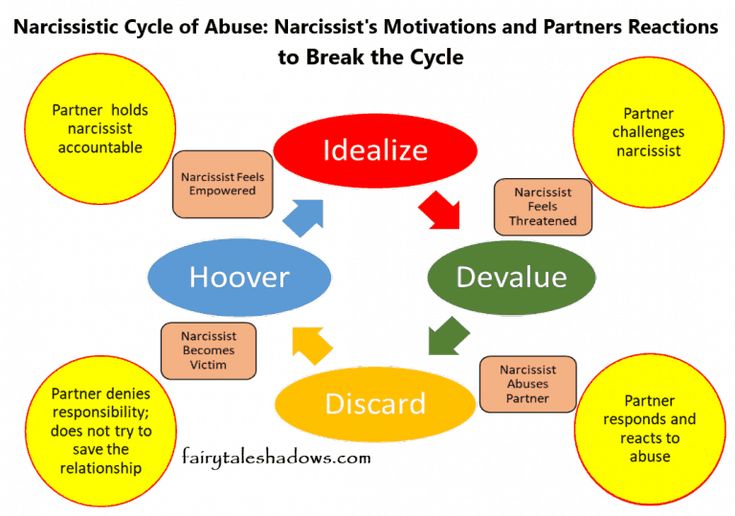
- Show unconditional love. To most parents, this comes naturally but many fail to view this from the eyes of the child. Ask the child if they feel loved no matter what they do, think, say, or behave. Try to avoid performance-based love because it fosters narcissistic behavior by teaching a child to achieve a standard before they can receive love.
- Consistent parenting. Erratic or abusive parenting can develop narcissistic tendencies in a child. Either way, the child learns that they cannot depend on the parent to be rational or reasonable so they only depend on themselves. This creates ego-centric behavior and a disregard for authority.
- Enforce consequences. Any signs of bullying behavior or taking advantage of others inside or outside of the family unit should be immediately addressed and disciplined fairly. Do not glorify these behaviors. Instead, focus on teaching long-term relational skills even when the child strongly dislikes another child or adult.

- Point out the narcissism. This can be done directly and indirectly. Begin by identifying narcissistic behavior in another family member as an example of what not to be when they grow up. Then shift to saying, You are acting like (fill in with the name of the narcissist) when you do These two steps will teach by example.
Remember there are some things you can’t change with parenting but you can reduce the impact of narcissistic traits. However, just because a child shows at eighteen most of the narcissistic characteristics, life can still strip away at the ego. While parenting maybe done at that point, a parent can still remain a consistent guide in the childs life well throughout adulthood.
Children's narcissism - causes, correction
Narcissism is a personality dysfunction, expressed in exceptional narcissism and unjustified inflated self-esteem. The child psychologist believes that, if left uncorrected, narcissism will inevitably lead to personality disorders that negatively affect the quality of life - both in everyday life, interpersonal relationships, and in the professional sphere.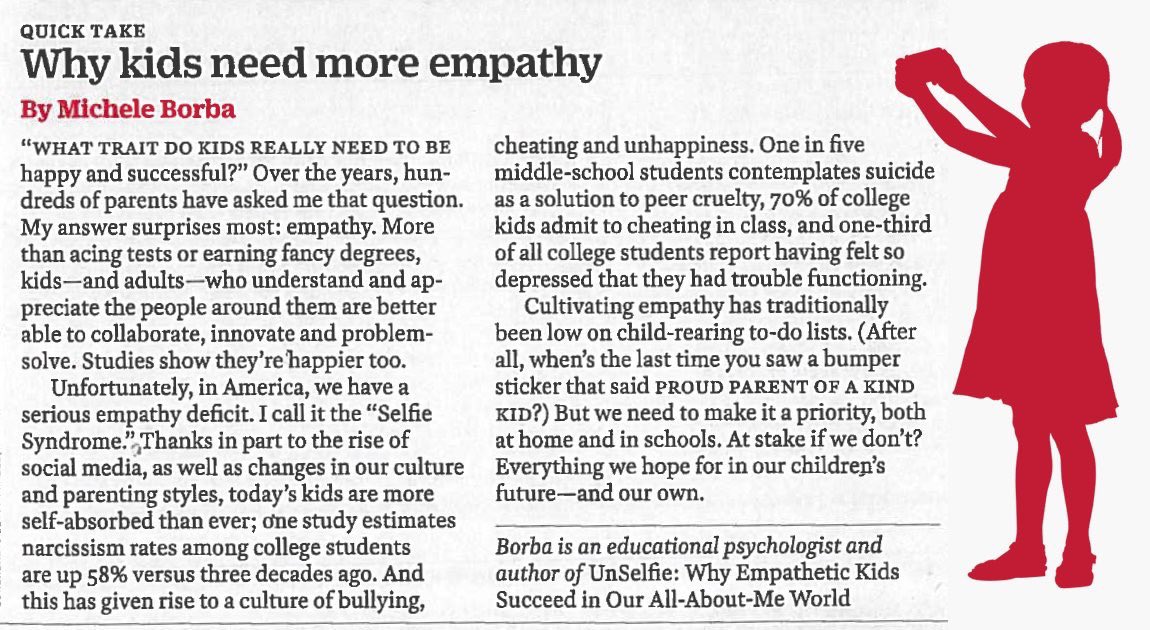
It is known that all young children go through a period of narcissism. With the correct, harmonious development of the personality and the reasonable behavior of the parents, this does not bring any harm. However, it is during this early period that the child is most at risk of developing narcissism, a disorder that is incredibly difficult to correct. nine0003
The main factors leading to the development of narcissism:
- early parental assessment of the child's actions, admiration for the slightest achievements;
- lack of love, desire to compensate for mother's coldness;
- hereditary tendency, close communication with an emotionally significant adult-narcissist, manipulator.
A child who forms his own "I" with a conviction of personal exclusivity and greatness is distinguished by a complete rejection of criticism. People experience discomfort when dealing with narcissists. However, narcissists themselves are drawn to society, because it is much more pleasant for them to engage in narcissism against the backdrop of a “gray, faceless” mass.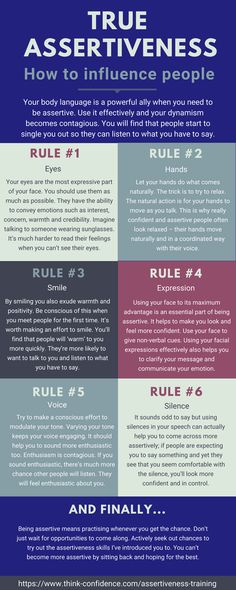 In the absence of social recognition, the erroneous overconfidence of the child can turn into a feeling of inferiority and lead to the development of numerous complexes and phobias. nine0003
In the absence of social recognition, the erroneous overconfidence of the child can turn into a feeling of inferiority and lead to the development of numerous complexes and phobias. nine0003
Signs of Narcissistic Personality Disorder:
- the need for constant admiration;
- sense of one's own grandiose significance;
- immersion in dreams of success and unlimited power;
- lack of empathy, feelings of gratitude, empathy;
- an all-consuming belief in one's own uniqueness;
- envy of other people's victories and achievements;
- feeling of privilege;
- uncompromising, perfectionism; nine0012
- exploitation of loved ones at the household level;
- impudent, defiant, disrespectful, outrageous behavior.
Along with the above, there are also healthy signs of narcissism that allow a person to achieve excellent life results:
- striving for success;
- big ambitions;
- great joy from their own achievements;
- enjoyment of competition, etc.
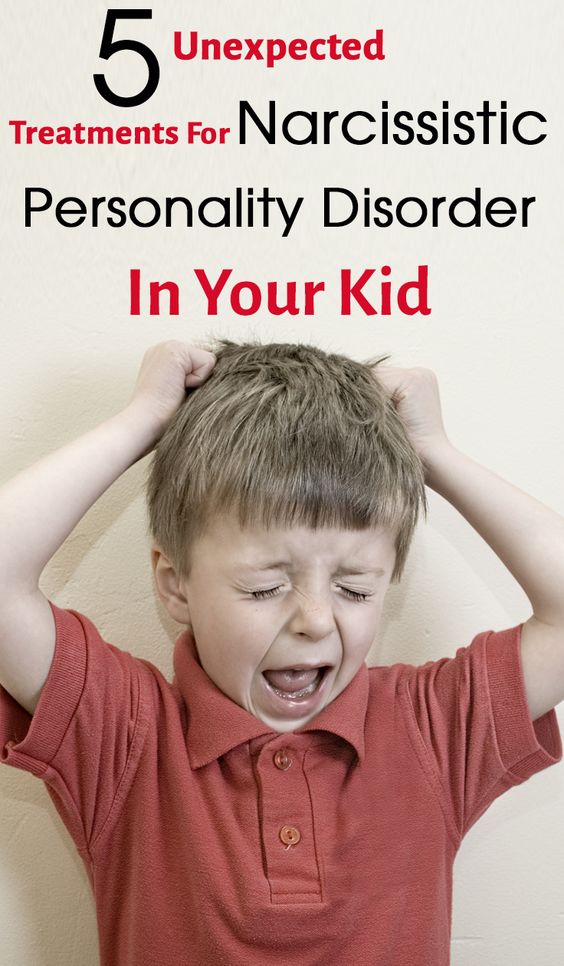
The biggest and most serious problem is that narcissistic individuals who have experienced an early emotional breakup try to avoid disappointment in every possible way, do everything possible to protect themselves from potentially traumatic situations. The thoughtless mechanism of anticipatory rejection does not allow establishing close relationships, trusting people, loving and being loved. That excludes the very possibility of simple, human happiness. nine0003
Specialists of the Quartet Psychological Center have extensive practical experience in working with children with a tendency to narcissism and their parents. We use proven, effective therapies (transactional analysis, gestalt therapy) to control the manifestations of narcissism, as well as identify the causes leading to the development of this personality disorder and help to quickly neutralize them. Contact us, we will be happy to help!
My child is a daffodil! What to do – DW – 01/18/2022
Photo: khosro Rajabkordi/Zoonar/picture alliance
SocietyGlobal topics
Julia Vergin | Pavel Mylnikov
January 18, 2022
The desire to be in the center of attention, an excessive sense of self-importance and the desire to achieve one's own - such signs of narcissism can also appear in children.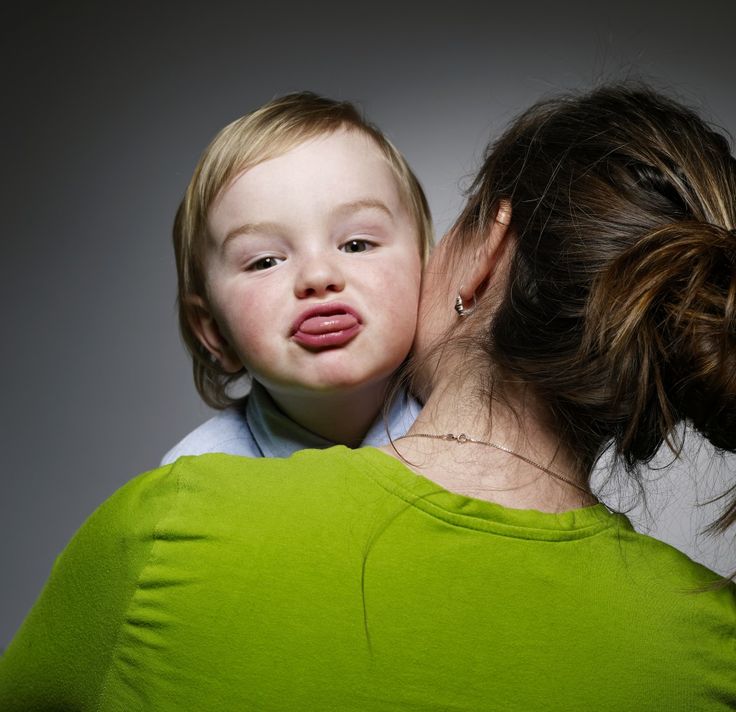 What should parents do?
What should parents do?
https://p.dw.com/p/45de7
Advertising
Narcissism has an unenviable reputation. Most of us immediately come to mind narcissistic and extremely sensitive to criticism egoists. And besides, they are capable of showing aggression if they do not receive the admiration that, in their own opinion, they deserve. nine0003
However, from the point of view of developmental psychology, the narcissistic phase in a child's life is not only natural, but also extremely important for the development of a stable psyche. Such natural or healthy narcissism helps a person to build scenarios for the future, believe in himself and his own worth, and achieve a kind of autarky - the ability to develop their own plans and turn them into reality, write psychiatrists Michael Lipp (Michael Lipp) and Anne Karow (Anne Karow) in an article about childhood and adolescent narcissism. nine0003
Therefore, specialists are very careful when talking about narcissistic personality disorder when it comes to children or adolescents. The origins of personality disorders originate in early childhood and manifest themselves as they grow older. But the diagnosis is often made only in adulthood.
The origins of personality disorders originate in early childhood and manifest themselves as they grow older. But the diagnosis is often made only in adulthood.
How does narcissism manifest itself in children?
However, it is important to recognize an exaggerated tendency to narcissism in one's own child, not only because the behavior of children who show delusions of grandeur and constantly seek attention to themselves is extremely tiring for parents, teachers and peers. nine0003
"Narcissism does not make a person happy," says Eddie Brummelman, a developmental psychologist at the University of Amsterdam who studies the development of self-awareness in children. His writings are sure to catch the eye of any student of the subject.
"People-narcissists constantly ask themselves the question: "What do others think of me?" Their self-esteem is subject to strong fluctuations, because they depend on the approval of others and must always present themselves as special, "the expert notes. It is important for parents to recognize that their child experiences severe stress as a result. nine0003
It is important for parents to recognize that their child experiences severe stress as a result. nine0003
In addition, narcissism is directly related to aggressive behavior, according to a meta-analysis by Sophie Kierwick and Brad Bushman of Ohio State University. This is why it is important to get to the bottom of the possible causes of a child's narcissistic behavior at an early stage. Like other personality traits, signs of narcissism can be at least partially hereditary, Eddie Brummelman points out.
But they can also be the result of certain methods of raising a child. In 2015, Brummelman conducted a study of 565 children and their parents in which a developmental psychologist and his team tested two theories about the origins of narcissism. nine0003
More talented, smarter - and more narcissistic
According to one theory, parents value their offspring beyond measure and thus contribute to the development of narcissism. Another suggests that narcissistic behavior is a reaction of children to the coldness and detachment of their parents. The results of Brummelman's research support the first theory: children who are praised to the skies by their fathers and mothers are more likely to develop narcissistic traits.
The results of Brummelman's research support the first theory: children who are praised to the skies by their fathers and mothers are more likely to develop narcissistic traits.
"These parents believe that their child is more talented, smarter and more capable than other children," the expert points out. Thus, the standard that the child must meet also rises. Here Brummelman points out another problem: "Love for one's own child is conditional. If the child fails to live up to the expectations of the parents, he will become afraid that they will be disappointed or even ashamed." nine0003 Fragment of the painting "Narcissus" by the Italian artist Caravaggio Photo: Gallerie Nazionali di Arte Antica, Rom Photo: Mauro Coen
to make me stand out from the masses" and "I am not valued for my personality, but only for my achievements." As a result, a narcissistic personality develops without a stable sense of self-worth.
"Of course, all parents think their own children are special - and that's okay! Parental warmth and affection without any conditions is important for self-confidence," says Brummelman. There is nothing wrong with praise - if it is realistic. nine0003
There is nothing wrong with praise - if it is realistic. nine0003
Not comparing with others, but celebrating progress
Instead of constantly comparing the achievements of their child and other children, parents should focus on the progress of their own child. For example, point out: "Look, last year you didn't succeed, but now you can!"
This opinion is shared by Renate Schepker, board member of the German Association for Child and Adolescent Psychiatry, Psychosomatics and Psychotherapy (DGKJP). She has encountered children and adolescents with excessive narcissistic behavior in daily clinical practice. "Parents can be proud of their children and express it when the child has learned something new," says the expert. nine0003
Problems arise when parents fail to set boundaries and their expectations do not match the child's developmental level. "A certain culture of controversy is part of good parenting," Schepker notes. Children need to be able to cope with such situations - when dad and mom have a bad day or when they reproach the offspring: "You are unbearable today!" And vice versa: the child needs to be able to tell his parents the same thing.
